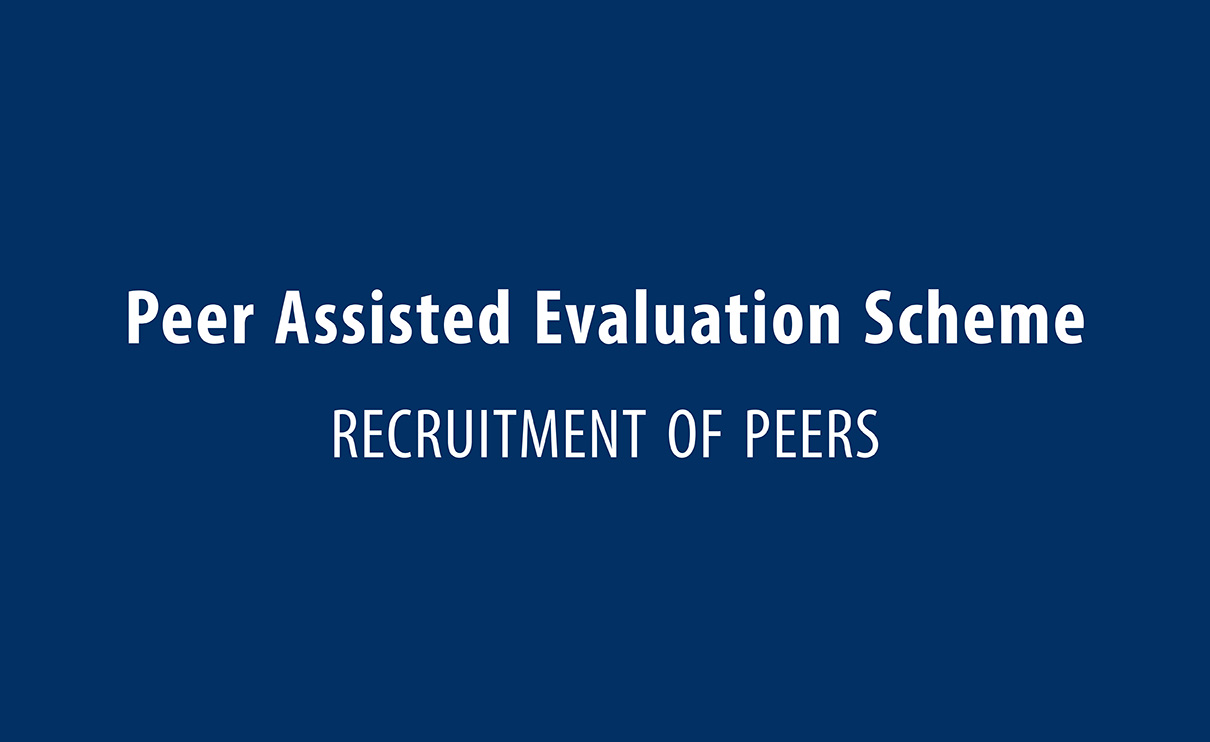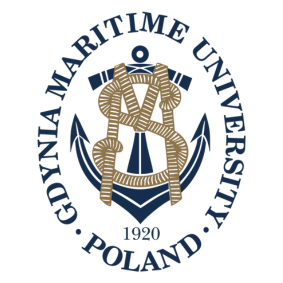Recruitment of Peers for the Peer Assisted Evaluation Scheme (PAES)

Peer Assisted Evaluation Scheme (PAES)
The Peer Assisted Evaluation Scheme commenced as one of the research projects funded by the IAMU in 2013. The main goal of the project was to develop the methodology to assist IAMU member universities in their efforts to improve curricula and make STCW-related education more effective, taking into account different socio-cultural environments, different organisation and management structures and distinct academic traditions. In the project, the PAES first applied to three IAMU member universities which voluntarily accepted this Scheme as the pilot study for further improvement of the Scheme.
In February 2015, IAMU signed the Memorandum of Understanding (MoU) with the Maritime Industry Authority of the Philippines (MARINA) in which one of the objectives was to provide MET institutions in the Philippines with academic advice and suggestions to improve MET curricula for officers on board as well as postgraduate curricula for shore-based maritime personnel. IAMU then decided to apply the PAES to achieve the objectives of activities written in the MoU.
Since then, IAMU has applied the PAES at six maritime higher educational institutions (MHEIs) in the Philippines. In the meantime, IAMU has concluded similar MoUs on the improvement of quality in MET with Kenya and South Africa. Those countries have also requested IAMU to apply the PAES approach at their maritime institutions. Therefore, IAMU needs additional PAES peers to complete the planned activities.
Objectives of a PAES Site Visit
The specific objectives of the site visit were:
- Verify the data provided by the institution during the self-evaluation phase;
- Learn in-depth about the University’s mode of operation;
- Evaluate the quality management system in place at the institution;
- Verify compliance with general education principles and statements presumed in the Self-Evaluation Statement List;
- Provide a sound basis for recommendations and suggestions aiming to improve the efficiency of the institution as a whole;
- Improve and fine-tune the SESL and the whole PAES process.
The Role of PAES Peers
The PAES procedure applied at MET institutions consists of the following phases:
- Initial data collection and analysis;
- Self-assessment using the SESL;
- Site visit;
- Closing assessment and reporting.
To achieve the planned goals, the PAES peers are expected to:
- Follow the PAES process;
- Collect and analyse data describing the particular maritime education system;
- To respect academic principles and standards pertinent to higher education maritime education;
- To encourage the exchange of opinions on academic issues related to higher maritime education.
Who Should Apply to Be a PAES Peer?
IAMU invites academic staff or administrators at IAMU member universities to consider participation in site visits as PAES peers. In that respect, the following qualifications and/or experience are recommended:
- Experience as a maritime educator in higher education;
- Qualification and/or experience as a quality assurance internal or external auditor in higher MET institutions;
- Experience as a curriculum developer for STCW-related courses;
- Experience as an external examiner for universities/academies/departments;
- Understanding of international academic cooperation, particularly among maritime institutions;
- Understanding of national and international educational and legal requirements relevant to STCW training and education;
- Experience as an IMO competent person.
How to Apply
Perspective applicants are kindly invited to submit an expression of interest and CV to the Secretariat (paes@iamu-edu.org) briefly describing his/her professional and academic experience and accomplishments. Should you have any questions please feel free to contact the IAMU Secretariat.

